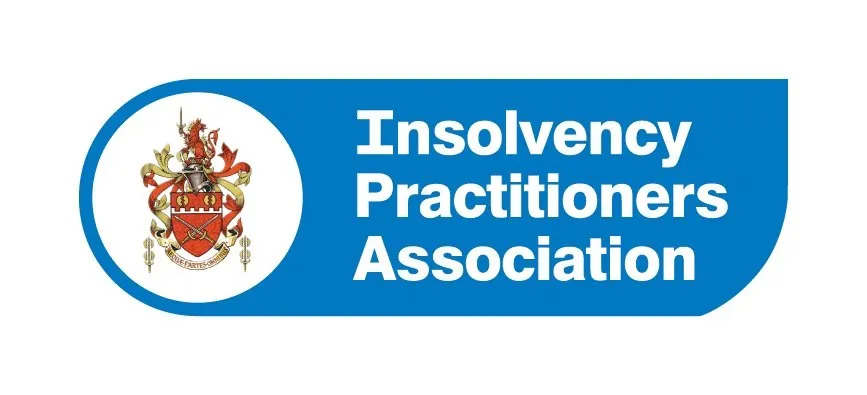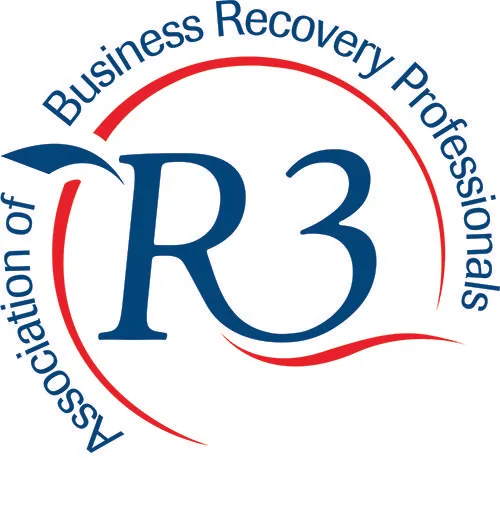There are several aspects to insolvency and, based on what is happening, you may need professional advice. Each situation is different so by talking to us, we can help tailor advice and support.
Below is an overview of some of the solutions Michael will discuss with you when you make contact. For an initial chat about your specific situation which is at no cost (free), please don’t hesitate to contact us.
Informal
If you are experiencing financial difficulty or creditor pressure, it may be possible to agree payment terms on an informal basis with your creditors. You may require some assistance to make these arrangements and the best way to approach these. Please contact us to discuss this further.
Individual Voluntary Liquidation (IVA)
An IVA is a formal agreement between the individual and its creditors and is an alternative to bankruptcy (or a Debt Relief Order). This may be appropriate when the individual is experiencing cash flow difficulties to effectively ring-fence the historic debt to allow the sole-trader business to continue trading or allow the person to continue in employment. The agreement will be for a set period of time and paying a certain amount of money into the IVA through a monthly contribution and / or a lump sum.
An IVA can protect the individual’s assets such as their property, however, it may require the individual to provide funds in consideration of their share of the asset if there is positive equity (i.e. through a remortgage of their property).
Proposals are drafted and sent to the Company creditors outlining what contributions the Company is proposing to pay over a period of time and what creditors expect to receive and when. Creditors are then asked to vote whether they accept or reject what is proposed in the IVA. In order for an IVA to be agreed, 75% of the individuals Creditors have to agree to the content of the proposals – if the creditors agree to the terms of the IVA, this is binding on all creditors irrespective of whether they agreed to the IVA or not.
The IVA can give an element of debt forgiveness thereby writing off a percentage of the amount owed to the individual’s creditors. If you wish to discuss proposing an IVA, please do not hesitate to contact us.
Advantages
- The Individual maintains control of their assets and they can propose that certain assets be excluded
- The costs of a IVA are significantly lower than a Bankruptcy
- The Individual is able to continue running their own business or employment
- Stops any legal action taken by creditors once the IVA is accepted (if there are urgent requirements to stop court action, an Interim Order can be obtained to stay this action)
- You can propose an IVA if you are Bankrupt which, subject to being approved, would get the Individual out of Bankruptcy
Disadvantages
- Individual’s will no longer be able to obtain credit other than stipulated in the IVA proposal
- The IVA is registered on a central register which credit reference agencies undertake searches
- IVA’s do affect your credit rating
- If the terms of the IVA are not adhered to, the IVA may fail and result in the Individual being made Bankrupt
Debt Relief Order (DRO)
A debt relief order may be appropriate if you meet the following criteria:
- you are unable to pay your debts;
- you have debts of £20,000 or less;
- you do not have surplus income after expenditure of more than £50 per month;
- you don’t own your home;
- your assets are worth less than £1,000 (some assets are not included)
- you don’t own a motor vehicle worth £1,000 or more (if your car is specially adapted because you have a disability, this is not included)
- you haven’t had a DRO in the last six years and aren’t going through another formal insolvency procedure, such as bankruptcy or an individual voluntary arrangement;
- you have lived, had a property, or worked in England or Wales in the last three years.
Bankruptcy
There are two main ways to be made Bankrupt, the first is an individual can make themselves bankrupt via an online application form through the Insolvency Service. The second is by a creditor that is owed at least £5,000, they can petition for an Individual’s bankruptcy petition.
The Official Receiver will automatically be appointed as the Trustee with all the Individual’s assets vesting in the Trustee. It is possible that an Insolvency Practitioner from the private sector be appointed as Trustee later.
Before applying for Bankruptcy, it is advised that you seek independent professional advice as there may be an alternative solution. In this case, contact us.
Advantages
The main benefits to a bankruptcy are as follows:
- The individual will normally receive an automatic discharge at the first anniversary of the bankruptcy
- Writes off all the individual’s debts (except certain debts, see disadvantages)
Disadvantages
The main negatives are as follows:
- It affects the individual’s credit rating
- It may result in an income payment agreement / order lasting 3 years
- The automatic discharge of the bankruptcy order may be suspended if the individual does not co-operate with the Trustee
- You are not able to act as a director of a limited company
- You are not able to carry on in certain professional positions
- Certain debts such as Student Loans, Court fines and debts owed under family court proceedings are not included or written off

